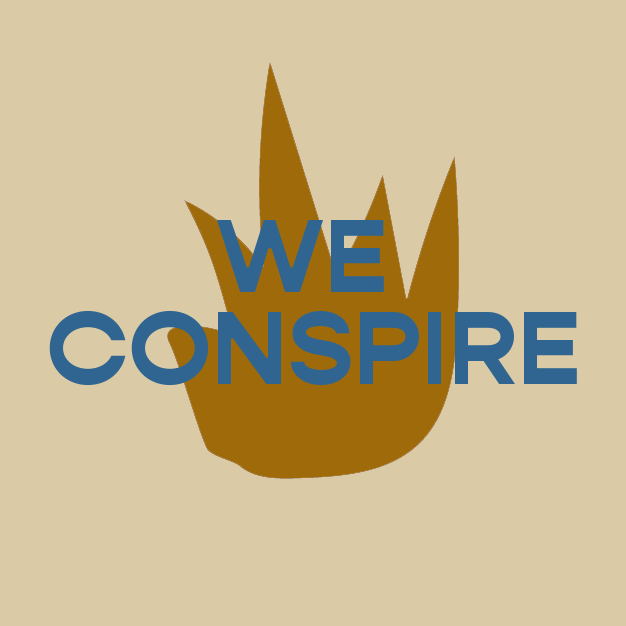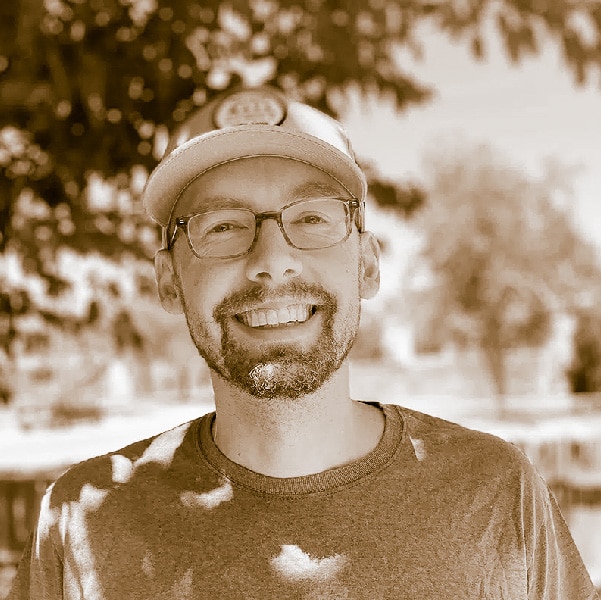Every Thing Belongs

We all have parts of ourselves we try to hide or push away. Yet, how we deal with imperfection in ourselves can help us embrace — or even transform — our imperfect world. In his book Eager to Love, Fr. Richard Rohr writes, “The greatest enemy of ordinary daily goodness and joy is not imperfection, but the demand for some supposed perfection.” This idea is one that Center for Action and Contemplation (CAC) community member Holly K. learns and re-learns every day.
Chasing Perfection
“For years, I thought that being a good mom meant trying to be perfect,” Holly explains. “I had many imperfect moments and I imagined that the best gift I could give my kids was to show them how ‘perfect’ I had become. Only recently I realized what a bunch of crap that was.
“I’m afraid to let go. I’m afraid to allow them to see all my imperfections, but this fake tower where I have hidden myself has not protected me at all. My heart is broken, and, at times, feels irreparably broken. I thought because I am ‘the mom’ I was required to hide my feelings and keep myself worthy of their love.
“But that is over. I am ready to be seen — a human being and a mother who feels deeply and loves with pure abandon. My heart deserves to breathe, and I will no longer hide my humanity.”

“I’m afraid to let go. I’m afraid to allow them to see all my imperfections, but this fake tower where I have hidden myself has not protected me at all.”
—Holly K., CAC community member
Holly’s story reveals what incredible freedom there is in becoming unstuck from the need to be perfect. Letting go of what does and doesn’t belong in my story allows us to let go of who does and doesn’t belong in our story. There’s only one Reality and in it everyone and every thing belongs.
Scapegoating and Belonging
When we let go of the need to be perfect, we also let go of the need to live in a perfect world. Through compassion for ourselves, we extend that same loving compassion to others.
CAC staff member Paul Swanson learned years ago how compassion can often play a big role in escaping the cycle of blaming and scapegoating. He shares a story from his youth on the podcast Another Name for Every Thing: “For a season of my life,” he says, “I worked in Yosemite National Park as part of a volunteer group called the Christian Ministry in The National Parks. We would hold prayer services and lead church-like services for people in the park.
“I was leading the prayer service on Wednesday night. It was in the midst of my deconstruction, and I was questioning a lot I’d been taught in my childhood.
“I decided to alternate between Psalms and poetry, from Mary Oliver, Jim Harrison, and Ted Kooser. Three friends were going to come support me and — this sounds like a joke — one was Buddhist, one was Jewish, and one was an atheist.
“But my friends never showed up. Once everyone left, I walked outside and there were my three friends sitting on the porch. They didn’t go in because they didn’t feel like they belonged. And that broke my heart.”

“If we’re all connected, if all of humanity is a part of this great, beautiful world of God’s, how do we connect to one another and support one another?”
—Paul Swanson, Another Name for Every Thing
Belonging isn’t a game of exclusion, Fr. Richard says, but rather a practice of love, vulnerability, mutuality, giving and receiving, forgiving, and accepting. In other words, how do we let go of our expectations of others long enough to listen with an open heart and mind?
Getting Unstuck from the Ego
The Alternative Orthodoxy offers ways to look past the ego so we can see how everything belongs. We no longer feel shamed by our imperfections, and we extend that grace to others — and begin to see God and ourselves in each other. CAC community member David R. explores this idea in his poem, How to Die.

There is stumbling, sometimes a fall
up to that curious place,
the place of seeing oneself
In the other.
I am pruned by imperfection.
Not carefully, as the small self sees growth, adhered as it is to the surface of things.
If severe, light may penetrate the shell of desires, revealing gestational feeling(s) within a cloud of thoughts.
Sometimes I get stuck,
Frustrations raise the temperature, freezing the surface of the pond of my life and I skate across separation, trying to see the future with the eyes of my past, an idle endeavor like Quantum measurement, or certain parental expectations.
It is in that space; the temperature drops, frozen surfaces thaw,
I take a breath and
plunge back into unity.
—From “How To Die” by David R.
Unity does not mean uniformity. As David’s poem illuminates, unity means embracing “the other,” not excluding them. In the same vein, the idea that “everything belongs” invites us to divest ourselves from systems of violence and injustice. Those systems may be found in our story, but through our conscious choice to love and include, we keep them from dominating who we are and how we see others.
Reflect with Us
How can we choose love and compassion, even when it is the hardest path to take? Share your reflection with us.
We Conspire is a new monthly email from the Center for Action and Contemplation featuring wisdom and stories from the emerging Christian contemplative movement. Join spiritual seekers from around the world on a journey of transformation and discover your place in the Great Story Line that connects us all in the One Great Life. Sign up for the monthly email series and receive a free invitation to practice each month.